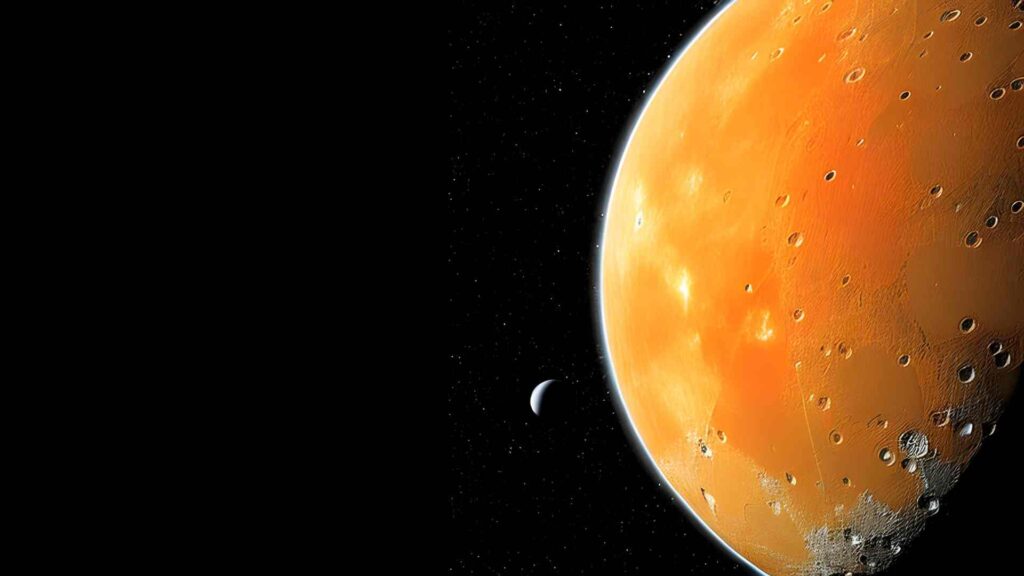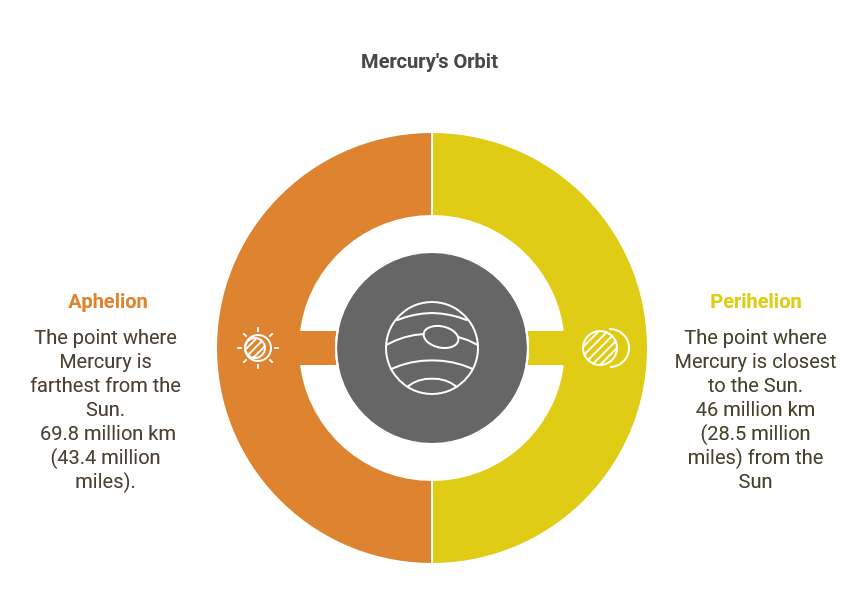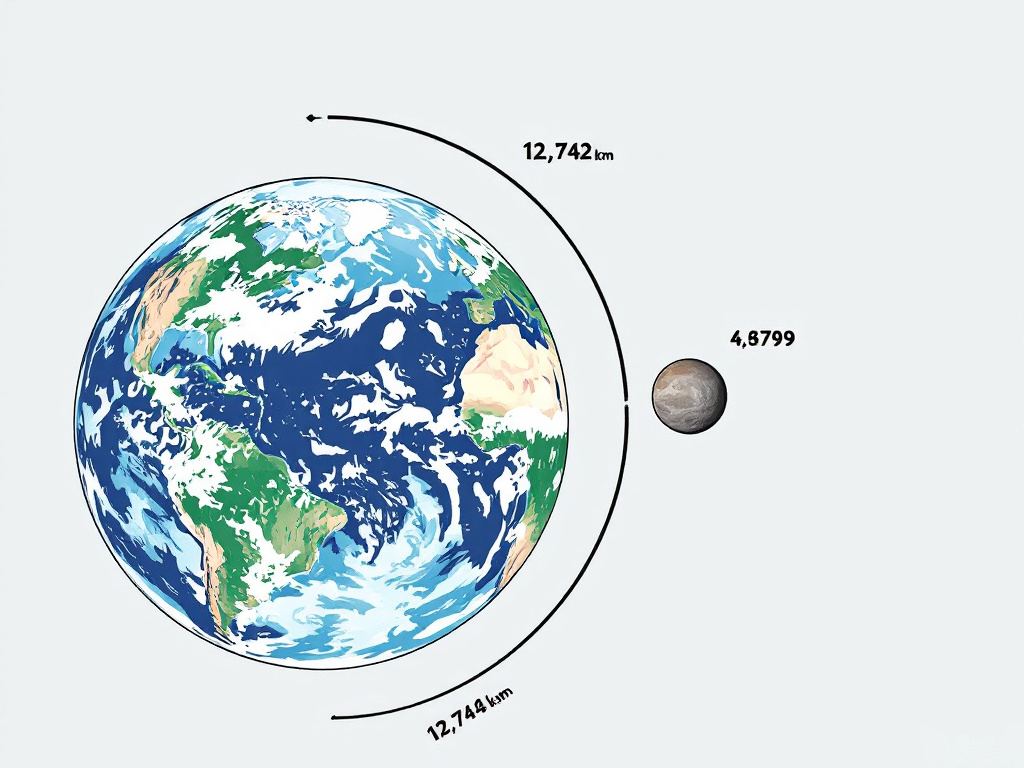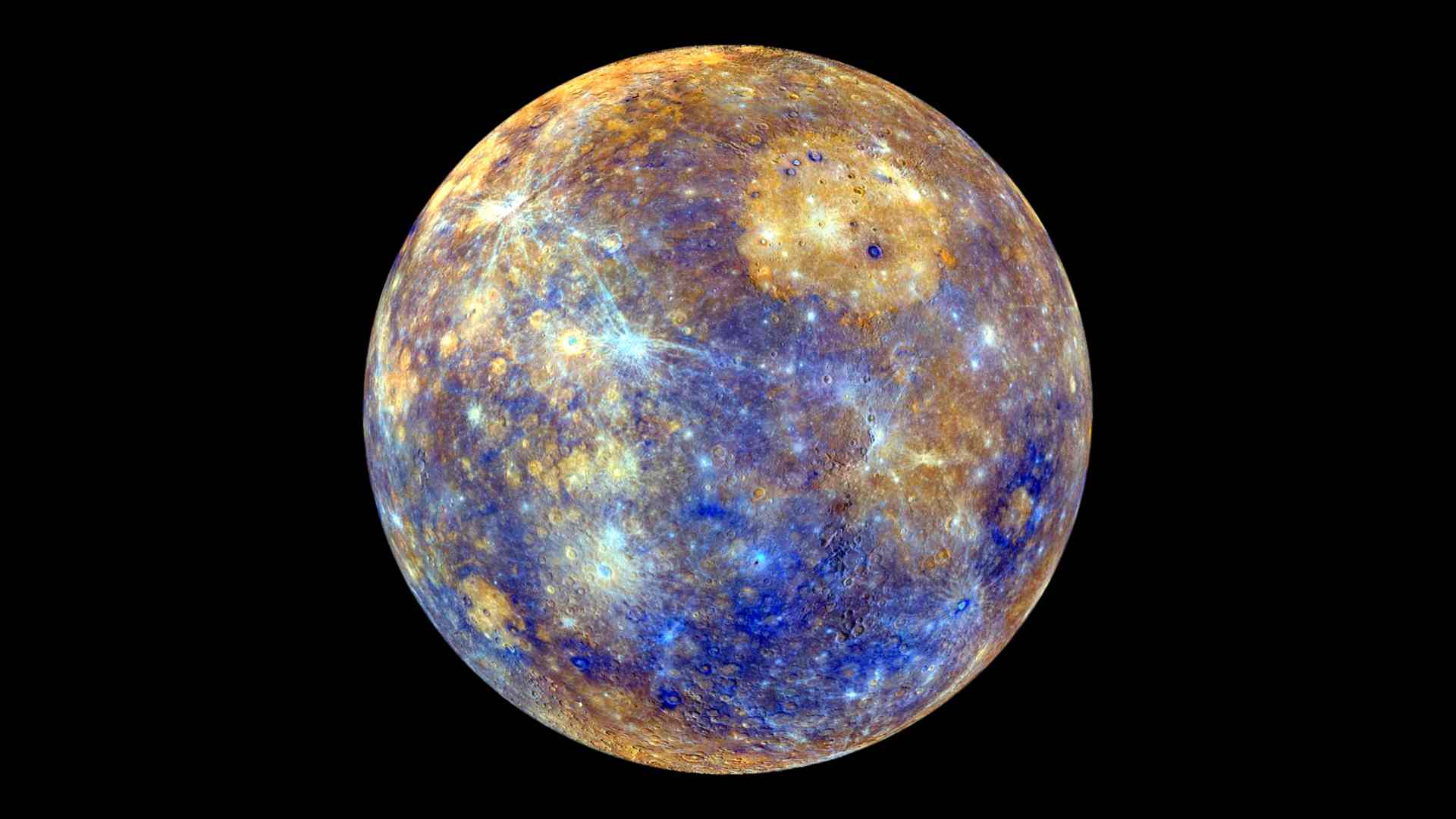We use affiliate links to run our site. When you buy through links on our site, we may earn an affiliate commission, without any added cost to you. Learn more
What comes to mind when you think of the planet Mercury? Many people might imagine a barren, lifeless world orbiting close to the scorching heat of the sun. But did you know that there is much more to this small, rocky planet than meets the eye?
In this article, we’re going to take you on a journey through 9 fascinating and little-known facts about planet Mercury that are sure to surprise and intrigue you. From its unusual rotation to its surprisingly volatile surface, Mercury offers us a glimpse into the mysteries of our solar system and the universe beyond.
So if you’re ready to discover the secrets of this enigmatic world, buckle up and get ready to explore the wonders of planet Mercury. We guarantee that by the end of this article, you’ll have a newfound appreciation for this fascinating and unique planet.
Interesting Facts About Planet Mercury

Mercury is the closest planet to the Sun
Mercury holds the distinction of being the nearest planet to the Sun, orbiting at an average distance of about 58 million kilometers (36 million miles).
However, due to its elliptical (oval-shaped) orbit, its distance from the Sun varies dramatically. At its closest approach (perihelion), Mercury is just 46 million km (28.5 million miles) from the Sun, while at its farthest point (aphelion), it stretches out to 69.8 million km (43.4 million miles).

A year in Mercury is 88 days, compared to Earth’s 365 days
Because Mercury is so close to the Sun, it moves at an incredible speed—about 47 km per second (29 miles per second)—making it the fastest planet in our solar system.
Its rapid orbit means a single year on Mercury (one full trip around the Sun) lasts only 88 Earth days.
Interestingly, ancient civilizations, including the Greeks, once believed Mercury was two separate stars—one appearing at dawn (Apollo) and the other at dusk (Hermes)—due to its fleeting visibility in the sky.
A day on Mercury is equal to 176 days on Earth.
Despite its short year, a single day on Mercury (one full rotation on its axis) takes 176 Earth days—longer than its entire year! This strange phenomenon occurs because Mercury is in a 3:2 spin-orbit resonance, meaning it rotates three times for every two orbits around the Sun.
Additionally, it is nearly tidally locked to the Sun, slowing its rotation significantly.
Mercury is the smallest planet in the solar system
With a diameter of just 4,879 km (3,032 miles), Mercury is the smallest planet—even smaller than some of the solar system’s moons, like Jupiter’s Ganymede and Saturn’s Titan. For comparison, Earth is more than 2.5 times wider (12,742 km).

Mercury is the most cratered planet in the Solar System.
Due to its thin atmosphere (technically an exosphere) and lack of geological activity, Mercury’s surface is heavily scarred by asteroid and comet impacts over billions of years.
Unlike Earth or Mars, where erosion and tectonic activity erase craters, Mercury’s scars remain untouched. The largest crater, Caloris Basin, spans 1,550 km (963 miles) in diameter—big enough to fit the state of Texas!
Mercury is the Second Densest Planet After Earth
Despite its small size, Mercury is incredibly dense, second only to Earth. This is because it has a massive iron core, making up about 60-70% of its mass.
Scientists believe a colossal collision in the past may have stripped away much of its outer layers, leaving behind this dense metallic core.
Mercury’s Gravity is Only 38% of Earth’s
If you weighed 100 kg (220 lbs) on Earth, you’d weigh just 38 kg (84 lbs) on Mercury! Its weak gravity is due to its small mass and size, making it much easier to jump higher or lift heavy objects—if you could survive the extreme temperatures!
Planet Mercury is not the hottest planet in our solar system.
Even though it’s closest to the Sun, Mercury is not the hottest planet—that title goes to Venus. While Mercury’s daytime temperatures soar to 430°C (800°F), its lack of a substantial atmosphere means it cannot retain heat, causing nighttime temperatures to plummet to -180°C (-290°F).
Venus, with its thick CO₂ atmosphere, traps heat efficiently, making it consistently hotter.
Only three spacecraft have ever visited Mercury.
Due to its proximity to the Sun, exploring Mercury is extremely challenging. So far, only three missions have studied it:
- Mariner 10 (1974-75) – First to map Mercury, but only saw 45% of its surface.
- MESSENGER (2004-2015) – Orbited Mercury, revealing its geology, magnetic field, and water ice in polar craters.
- BepiColombo (2018-present) – A joint ESA-JAXA mission that conducted its first Mercury flyby in 2021 and will enter orbit in 2025 for further study.
Conclusion:
Planet Mercury is a unique and fascinating world that offers us a glimpse into the mysteries of our solar system. From its extreme temperature fluctuations to its surprisingly active geology, there is so much to discover and learn about this small, rocky planet.
We hope that this article has given you a newfound appreciation for the intricacies and wonders of Mercury. We encourage you to share this post with your friends and family and to explore more articles on this site to continue learning and expanding your knowledge about the universe around us.
Amazon and the Amazon logo are trademarks of Amazon.com, Inc, or its affiliates.
